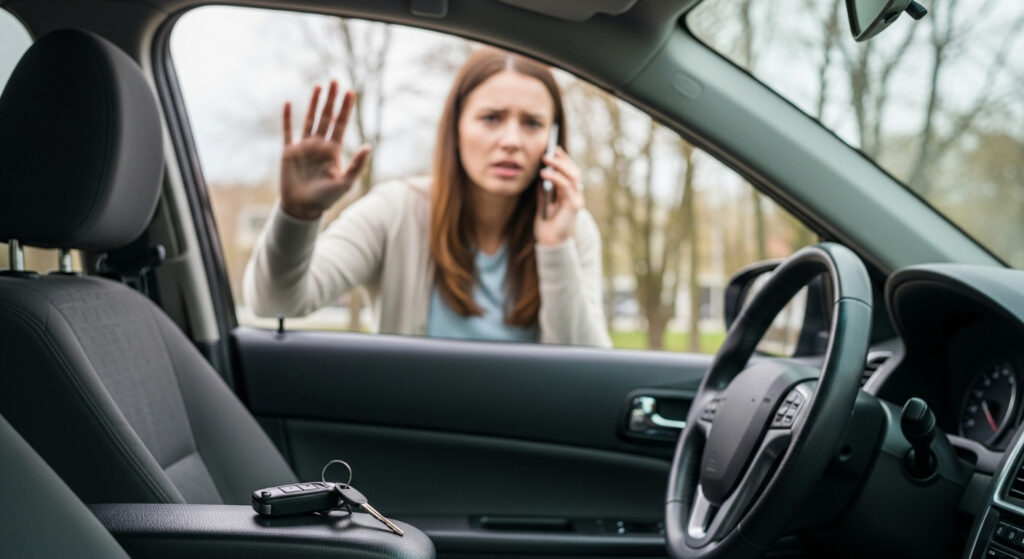Your locks are the first line of defense in keeping your home, business, or property secure. Over time, even the best locks wear down, making them less reliable and potentially putting your security at risk. Knowing when to replace them can help you avoid costly break-ins and maintain peace of mind.
Why Lock Condition Matters
Locks are designed to protect, but like any mechanical device, they don’t last forever. Weather exposure, daily use, and attempted break-ins can cause them to weaken over time. Worn-out locks are easier to pick, bump, or force open — meaning your safety could be compromised without you realizing it.
Understanding the warning signs will allow you to take action before a minor inconvenience turns into a major security issue.
Difficulty Locking or Unlocking
- If your key sticks or you have to jiggle it to turn the lock, it’s a sign of internal wear.
- Changes in weather can make locks swell or contract, but consistent difficulty means damage.
- Forcing the lock can cause further harm — it’s better to address the problem quickly.
Visible Rust or Corrosion
- Rust weakens the lock’s structure and makes moving parts stiff.
- Corrosion is common in outdoor locks exposed to rain, humidity, and salty air.
- Once corrosion sets in, replacing the lock is often safer than trying to repair it.
Loose or Wobbly Handles
- If the handle or deadbolt wiggles when you turn it, the internal mechanism may be failing.
- Loose locks are easier to force open, putting your property at risk.
- In some cases, tightening screws can help, but worn internal parts require full replacement.
Keys No Longer Work Smoothly
- If a new copy of your key still struggles to turn, the lock may be worn out inside.
- Older locks can develop misalignments, making them harder to operate.
- Continuing to use a faulty lock can lead to breakage at the worst possible time.
Signs of Forced Entry
- Scratches around the keyhole or bent components may indicate someone tried to break in.
- Even if the lock still works, its security may be compromised.
- In these cases, replacement is always recommended for your safety.
Outdated Lock Technology
- Older locks may not meet today’s security standards.
- Upgrading to smart locks or high-security deadbolts can improve protection.
- Modern locks also offer convenience features like keyless entry and remote access.
Expert Locksmith Recommendation
If you notice any of these warning signs, it’s best to consult a professional locksmith. We can assess whether your lock can be repaired or if a full replacement is the safest option. Upgrading to a higher-quality lock now can prevent headaches — and security risks — in the future.

